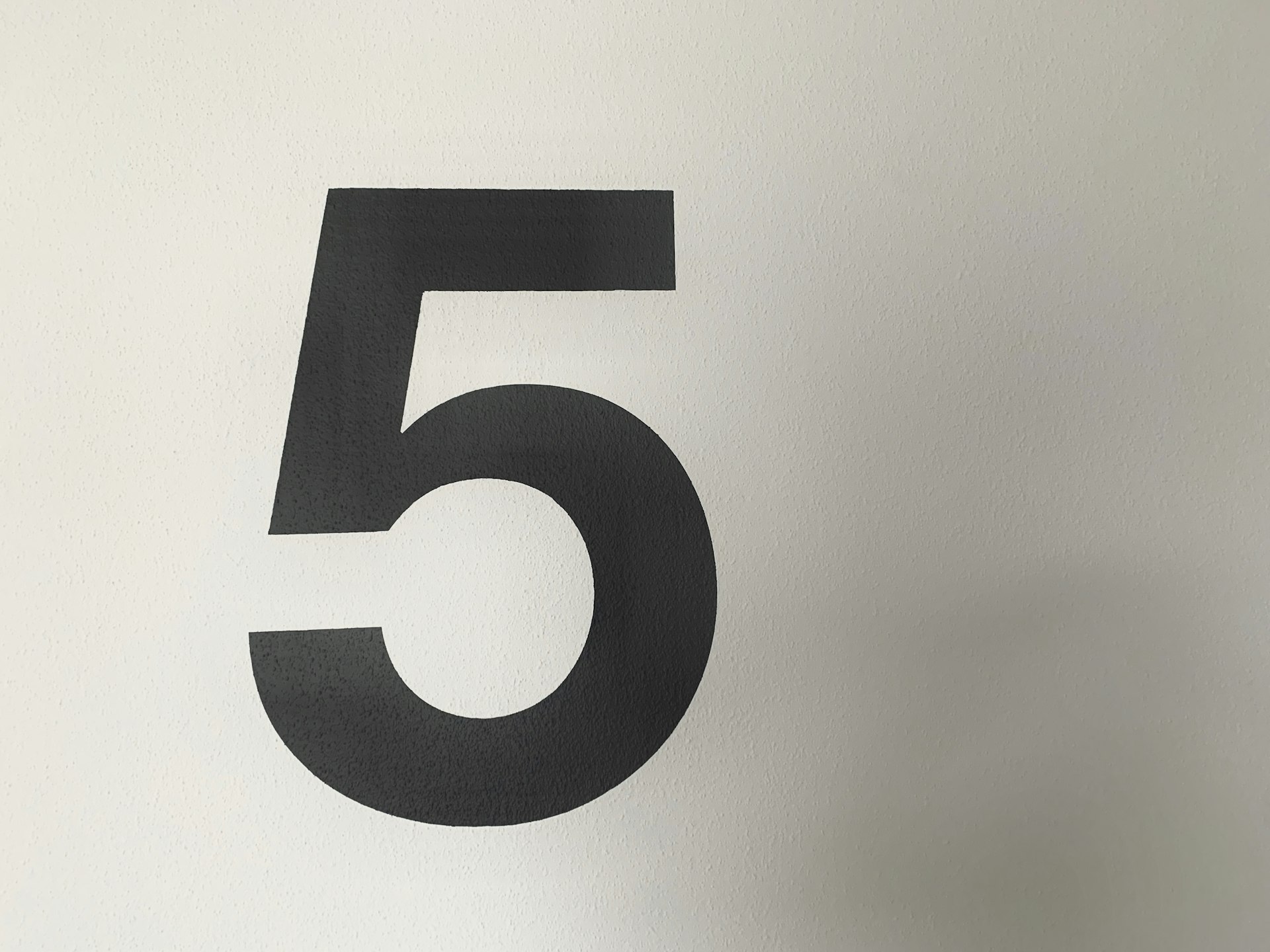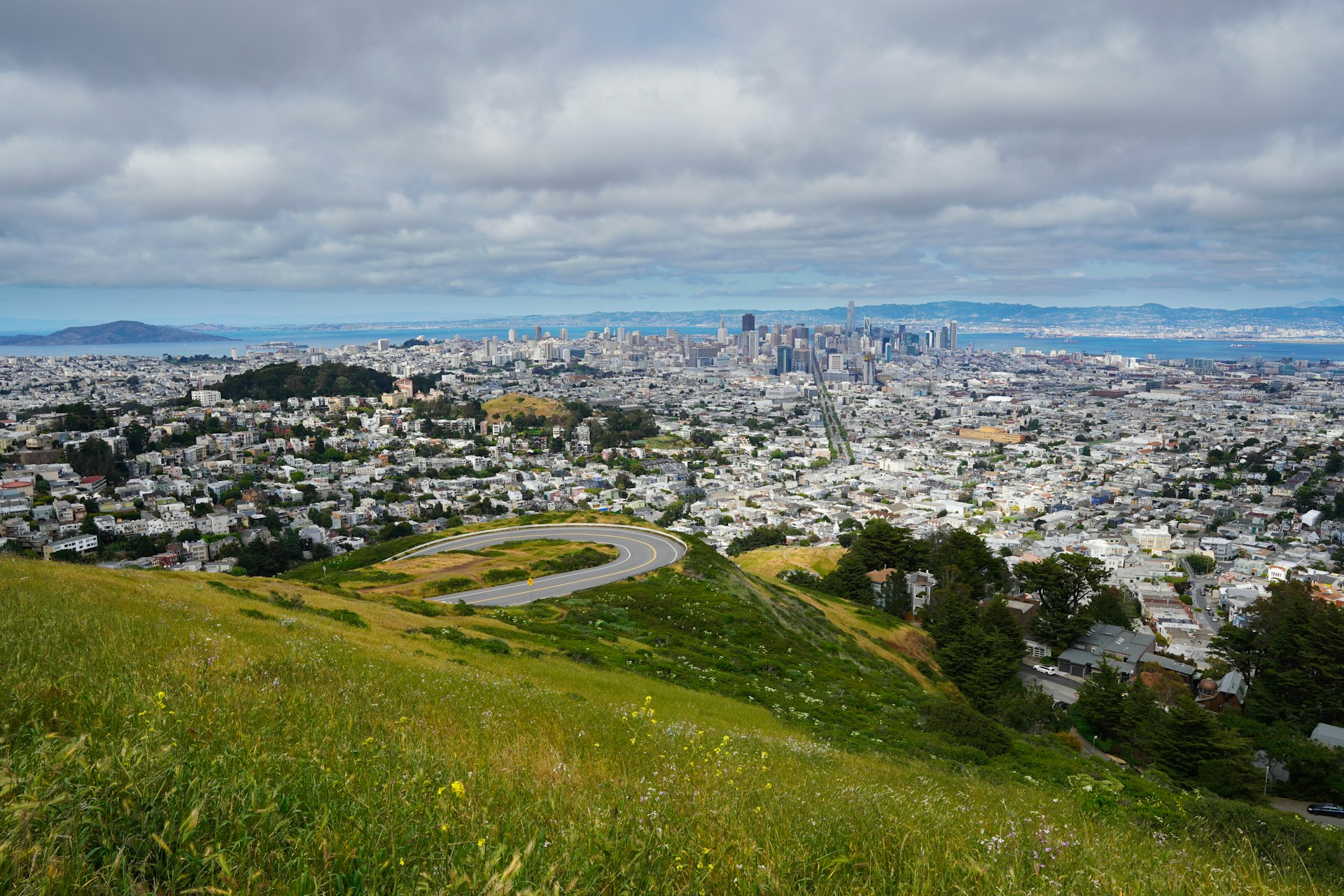Exploring the Rise of Podcast Adaptations: How Popular TV Shows Are Born from Audio Storytelling

Photo by Markus Winkler on Unsplash
Introduction: From Podcasts to the Small Screen
In recent years, the entertainment industry has witnessed a significant trend: the adaptation of popular podcasts into television shows. This movement reflects an evolving landscape in which audio storytelling serves as the foundation for compelling visual narratives. Major streaming platforms and networks are increasingly turning to these well-crafted audio series for inspiration, resulting in a new wave of must-watch television rooted in true stories, investigative journalism, and scripted fiction. For creators, this presents new opportunities for their work to reach wider audiences, while viewers and listeners gain access to richer, more diverse content ecosystems.
Why Are Podcasts Being Adapted into TV Shows?
There are several reasons for the surge in podcast-to-TV adaptations. First, podcasts often build dedicated followings, proving the strength of their stories and concepts before any screen adaptation is considered. This makes them lower-risk investments for studios seeking engaging source material. Additionally, podcasts provide unique storytelling approaches-ranging from serialized true crime to deeply personal memoirs-that captivate modern audiences and translate well to episodic television formats. Industry observers note that streaming giants like Netflix, Apple TV+, and Amazon Prime Video are actively seeking innovative ideas, and podcasts offer a tested pipeline of fresh narratives and fanbases [3] .
Notable Examples of Podcast-to-TV Adaptations
Some of the most acclaimed recent TV shows originated as podcasts. Here are several prominent examples:
- Homecoming : Originally a fiction podcast from Gimlet Media, this psychological thriller was adapted into an Amazon Prime Video series starring Julia Roberts. The show’s success is attributed to its gripping script and top-tier performances, both in its audio and visual forms [1] [2] .
- The Dropout : This ABC News podcast chronicled the rise and fall of Elizabeth Holmes and Theranos. The adaptation, starring Amanda Seyfried, received critical acclaim for its nuanced exploration of a real-life business scandal [3] .
- Dirty John : Based on the Los Angeles Times investigative podcast, this true crime series follows the manipulative exploits of con man John Meehan. The USA Network adaptation was praised for its tense storytelling and standout performances [4] .
- Slow Burn : This Slate podcast examined pivotal moments in American history. Its first season inspired the Starz series “Gaslit,” which retells the Watergate scandal through fresh perspectives [4] .
- WeCrashed : The Wondery podcast documented the dramatic rise and collapse of WeWork. The Apple TV+ adaption features Jared Leto and Anne Hathaway, exploring the complexities behind the company’s downfall [4] .
- Song Exploder : This music-focused podcast dissected hit songs with their creators. Netflix’s adaptation brings the same in-depth analysis to a visual audience, blending interviews and studio footage [3] .
The Adaptation Process: How Podcasts Become TV Shows
Turning a podcast into a television show involves several key steps. Studios or networks typically acquire adaptation rights from the podcast creators or their parent companies. Screenwriters and showrunners then reimagine the audio story for a visual medium, often expanding character development, adding dialogue, and devising new scenes appropriate for television pacing. While some adaptations remain faithful to their audio origins, others use the podcast as inspiration for broader dramatic arcs or new creative directions.
For podcast creators hoping to see their work adapted, the process usually requires representation by an agent or legal advisor to negotiate rights and contracts. Production companies generally look for podcasts with strong narrative arcs, engaged audiences, and the potential for episodic or serialized storytelling. In some cases, original podcast hosts or narrators are brought onto the TV project as consultants or executive producers, helping ensure authenticity and continuity.
How to Access Adapted Podcasts and TV Shows
If you want to experience both the original podcasts and their television adaptations, multiple avenues are available:
- Podcasts : Most of the podcasts mentioned above are available on major platforms such as Apple Podcasts, Spotify, and Stitcher. You can search for titles like “Homecoming,” “The Dropout,” or “Dirty John” directly within your preferred podcast app [2] .
- TV Shows : The TV adaptations are distributed through popular streaming services, including Amazon Prime Video (Homecoming), Hulu (The Dropout), USA Network (Dirty John), Starz (Gaslit), and Apple TV+ (WeCrashed). To watch, you may need a subscription to the relevant service or access through cable providers [4] .
For updates on upcoming adaptations, entertainment news outlets and the official websites of the shows or streaming platforms are reliable sources. If you are unable to find a specific adaptation, searching for the podcast title plus ‘TV show’ on a search engine typically yields current viewing or listening options.
Benefits for Creators and Audiences
The surge in podcast adaptations benefits both creators and viewers. For podcast creators, a successful adaptation can mean broader exposure, additional revenue streams, and enhanced creative opportunities. For audiences, these adaptations offer fresh perspectives on familiar stories and allow fans to engage with their favorite narratives in new ways. Adaptations often expand on the podcast’s original content, introducing visual storytelling elements and new character arcs while maintaining the core appeal that drew listeners in the first place.
This trend also fosters cross-platform engagement. Fans who discover a story through television may be encouraged to seek out the original podcast for deeper context, while loyal podcast listeners may tune in to see how their favorite shows are reimagined on screen. As streaming services continue to compete for viewers, the cross-pollination between audio and video content is likely to grow.
Practical Steps for Fans and Creators
For
fans
looking to explore podcast adaptations:

Photo by Markus Winkler on Unsplash
- Use your preferred podcast platform (such as Apple Podcasts or Spotify) to search for original audio series by title.
- Subscribe to streaming services like Amazon Prime Video, Hulu, Apple TV+, Starz, or USA Network to watch their TV adaptations. You may need to sign up for a free trial or purchase a subscription to access certain shows.
- Stay informed about upcoming adaptations by following entertainment news sources and the official social media accounts of your favorite podcasts and streaming platforms.
For
creators
interested in having their podcast adapted:
- Focus on building a dedicated audience and producing high-quality, narrative-driven content.
- Consider representation by an agent or legal professional to navigate adaptation rights and negotiations.
- Network with producers, showrunners, and industry professionals at podcasting and television conferences.
- Promote your podcast through social media and engage with your audience to demonstrate its potential for adaptation.
Challenges and Considerations
While the podcast-to-TV adaptation trend offers many opportunities, it also presents challenges. Not all stories translate easily from audio to visual formats. Decisions about casting, pacing, and narrative expansion can alter the essence of the original podcast, sometimes disappointing longtime listeners. Rights negotiations can be complex, and not every podcast will attract interest from studios. Additionally, viewers may have to navigate multiple subscription services to access different adaptations.
Despite these hurdles, the success of major adaptations signals that demand remains strong. Creators and fans alike should remain attentive to new developments, as the landscape continues to evolve with each new project.
Alternative Approaches: Beyond Direct Adaptations
Some TV shows are not direct adaptations but are inspired by the podcast format, using documentary or serialized storytelling structures in their visual presentations. Similarly, certain podcasts are created as tie-ins for existing TV shows, offering behind-the-scenes insights, episode recaps, and interviews with cast and crew. These companion podcasts, such as “The Produce Stand Podcast” for Letterkenny and Shoresy, cater to dedicated fans seeking deeper engagement [5] .
Conclusion: The Future of Podcast Adaptations
Podcast adaptations of popular TV shows represent a dynamic and mutually beneficial trend in entertainment. As both industries continue to push creative boundaries, audiences can look forward to even more innovative storytelling across platforms. Whether you’re a creator, a fan, or simply curious about this evolving landscape, the world of podcast-to-TV adaptations offers rich opportunities to explore stories in new and exciting ways.
References
- [1] The Script Lab (2019). 14 of the Best Movies and TV Shows Based on Podcasts.
- [2] TIME (2022). 9 Podcasts That Were Turned Into TV Shows.
- [3] Message Heard (2025). 7 Podcasts That Were Turned into TV Shows.
- [4] Stacker (2022). TV Shows Based on Podcasts, Ranked From Worst to First.
- [5] Feedspot (2025). 100 Best TV Shows Podcasts You Must Follow in 2025.



